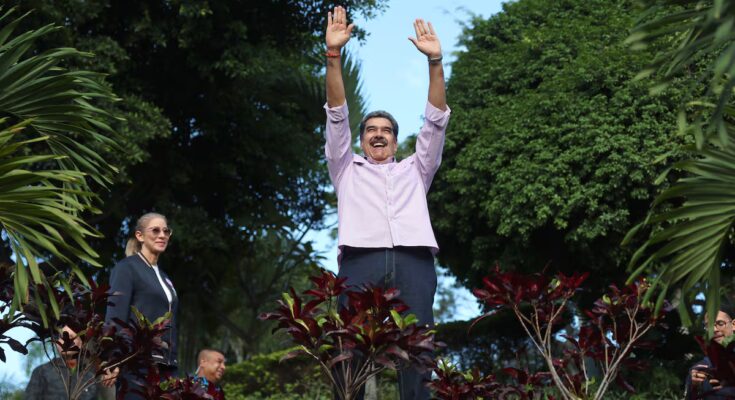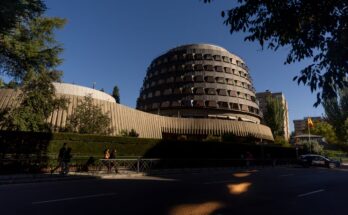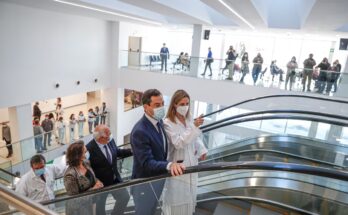The Chavista leadership remains silent after the message from the Secretary of Defense, Pete Hegseth, in which through a publication X announces the start of a US military operation to “expel narco-terrorists” from the Western Hemisphere. No details have been revealed about what the operation, called Southern Spear, will mean for Latin America – and Venezuela in particular – but it is a further step in US escalation in the Caribbean Sea, where the world’s largest warship has just arrived.
Venezuelan President Nicolás Maduro spoke on Thursday, but before the announcement. In his statement, the Chavista leader denounced that the United States “persecutes” young Venezuelan migrants, while “threatening Venezuela with an invasion”. In any case, he called for conciliation and defended that Americans and Venezuelans should “unite for the peace of the continent.”
Maduro, who decreed maximum alert in the Armed Forces, asked the President of the United States, Donald Trump, “no more eternal wars, no more unjust wars, no more Libya, no more Afghanistan”. And he repeated several times in rudimentary English: “Yes, peace.”
A day before Hegseth’s announcement, María Corina Machado, Venezuelan opposition leader, declared that “decisive hours” were approaching in the country, prophesying “a crucial change”. In his speech, in a virtual forum of the former Ibero-American presidents of the IDEA Group, Machado announced, before betting on the reconstruction of a “devastated country”: “The days that await us are very difficult. But we are no longer afraid of what others believe to be impossible”.
Machado, the call iron lady of the most intransigent anti-Chavista currents and 2025 Nobel Peace Prize winner, assured that the country is “on the threshold of its freedom” and guaranteed that the transition to democracy planned by Venezuela “will be peaceful”.
While the Venezuelan leader predicted (as she did on other occasions) crucial moments for her country, the aircraft carrier Gerald Ford deployed together with dozens of aircraft and military ships already present in the Caribbean region in the declared war against drug trafficking, which is the basis of the intention to remove Maduro from power.
Some political observers inside and outside Venezuela, particularly on social networks
American military superiority is incomparably superior to that of Venezuela, but Chavismo can retreat and organize guerrilla fronts, or take over entire areas of the country and foment chaos with guerrilla-inspired variants of terrorism.
According to this interpretation, it would be a mistake to assume that US intervention would produce the “domino effect” that some imagine.
By contrast, many Venezuelans abroad tend to think, as Machado’s speech suggests, that no one will line up to fight for Nicolás Maduro – a leader with little popular influence, but based on strong military support – if a foreign force intervenes to disrupt his mandate, especially after allegations of fraud in last year’s presidential election.
In the majority sectors of the opposition, which have enormous trust in Machado’s word, the hypothesis of an uncontrolled violent scenario in the event of Maduro’s fall is excluded. There are doubts about his ability to convene, and even the loyalty of his military cadres, should a decisive moment arise that opens the door to democracy.
In general terms, there is a widespread feeling in the democratic camp that no American operation in the country would last too long.
Donald Trump’s letters, in any case, remain to be discovered. Despite the military escalation, the US president has been cautious about intervening in Venezuela: the chances that a military incursion could lead to a bloodbath on both sides and, furthermore, that it would not achieve the undeclared goal of toppling Maduro, are high. According to US media, Trump’s team presented him with several options for taking action and moving beyond attacks on alleged drug traffickers in the Pacific. From air strikes to the direct elimination of the leader of Chavismo. According to CNN, Trump continues to weigh the risks and benefits of launching an expanded military campaign.



